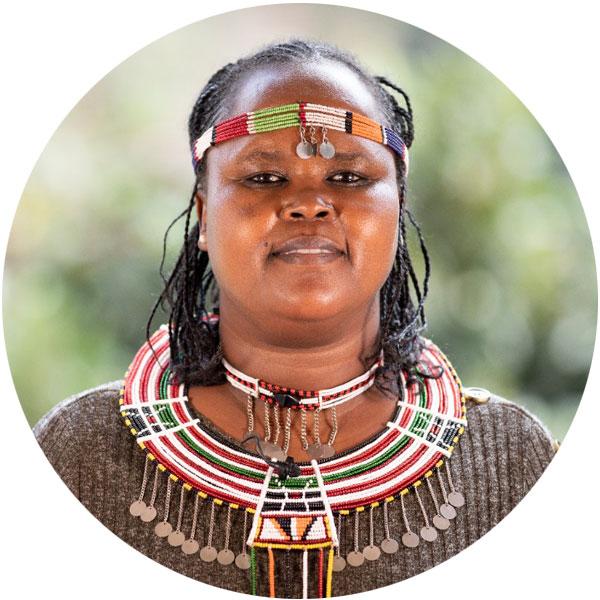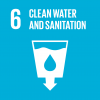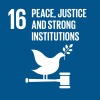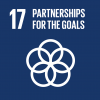The Samburu community in Kenya has a challenge which is the lack of Indigenous (and/or cultural) and scientific knowledge exchange and the integration of such shared knowledge in water use and management. The challenge can be attributed to a language barrier. Because of this language barrier, it means that the Samburu community (especially women and girls) are not involved in decision making regarding water use and management. If the breaking of language barriers is not prioritised, the Samburu people will not be able to know how climate change is affecting them and their water resources. This will result in no information and knowledge exchange between the locals (Indigenous) and the researchers (scientific). In addition, Indigenous knowledge on water uses and management is currently not documented therefore cannot be passed on from generation to generation resulting in continuous suffering due to lack of knowledge.
Challenge-ID
36
Description
Problem Definition
If you would like to help develop a problem description that addresses the above described situation and breaks it into sets of challenges that can be solved by applying space-based technology or data please reach out to office[at]space4water.org. Don't forget to share the Challenge-ID you are referring to in your email.
Success criteria
Both, scientific and cultural knowledge first needs to be merged and integrated then shared to educate and raise awareness to both, the community and the local researchers who use and interact with the water resources. Documentation of Indigenous knowledge on water use and management must be prioritized so that there can be inter-generation knowledge exchange. This knowledge can also be used as reference information by anyone who wants to learn about water, whether be it the traditional or cultural way of managing water or the scientific way. Therefore, knowledge integration is so important for the community to be able to learn from both Indigenous and scientific knowledge. More importantly, these documents must also be translated in local languages and in English for both references and for sharing of ideas. This will allow for learning to be effective as the community (especially women and girls) will be able to learn through their native language.
Keywords
Climate Zone
Habitat
Region/Country
Related SDGs







